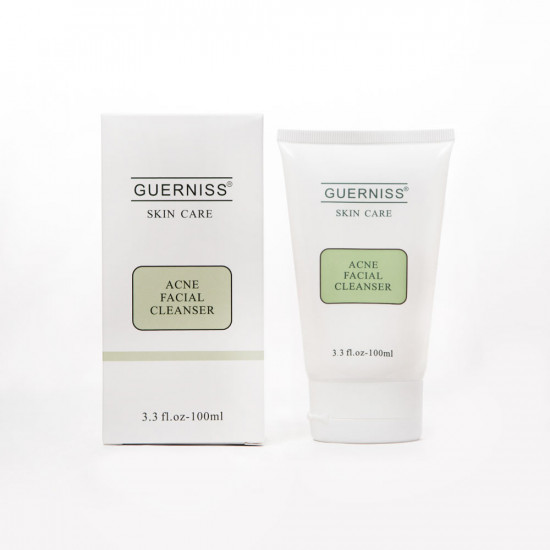
✔ 100% Authentic Product
👁️ Currently Viewing 5963
Isotretinoin (13-cis retinoic acid) is a vitamin-A derivative (retinoid). The liver naturally makes small quantities of isotretinoin from vitamin A, but the drug we prescribe is made synthetically.
Discount
Price: ৳ 872
MRP:
৳
890
2%
Off
✅ Description:
Isotretinoin, a derivative of vitamin A, is primarily employed to treat severe, disfiguring nodular acne, particularly when other acne medications or antibiotics have proven ineffective. The drug may also find application in managing various skin conditions such as rosacea, seborrhoea, hidradenitis suppurativa, and scalp folliculitis.
Crucially, isotretinoin must not be used in pregnant women due to its association with severe birth defects. Female patients capable of bearing children must exhaust alternative treatments before resorting to isotretinoin. The medication is known to reduce sebum production, shrink sebaceous glands, and exhibit anti-inflammatory properties. It is available in various doses, and the treatment duration varies based on individual responses and the severity of the condition.
The side effects of isotretinoin are dose-dependent and can include dry skin, lips, and eyes, headaches, and fatigue. In rare cases, isotretinoin may be associated with mood changes, depression, and sexual dysfunction. Periodic blood tests may be required for patients with specific risk factors or those undergoing prolonged treatment. Female patients must adopt stringent contraceptive measures during and after isotretinoin treatment to prevent severe birth defects.
Despite its effectiveness, isotretinoin can have varying responses in patients, and relapse may occur. For those experiencing slow responses, options include additional treatment with antibiotics and steroids or a prolonged course of isotretinoin. Long-term treatment may be considered for persistent acne, seborrhoea, rosacea, scalp folliculitis, and certain skin cancers.
Notably, pilots considering isotretinoin must be aware of potential effects on night vision, as good night vision is crucial for flying. Pilots should consult their national aviation authority to discuss how isotretinoin may impact their flying privileges.
⚠️Disclaimer:
At ePharma, we’re committed to providing accurate and accessible health information. However, all content is intended for informational purposes only and should not replace medical advice from a qualified physician. Please consult your healthcare provider for personalized guidance. We aim to support, not substitute, the doctor-patient relationship.


























